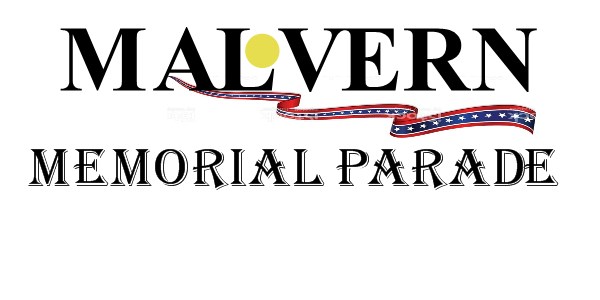The Vietnam War was in the successor to the French Indochina War in which the French fought to maintain control of their colony against an independence movement led by Communist Party leader Ho Chi Minh.
After the Vietnamese Communist forces, or Viet Minh, defeated the French colonial army at the Battle of Dien Bien Phu in 1954, the colony was granted independence.
According to the ensuing Geneva settlement, Vietnam was partitioned, into a communist North and a non-Communist South under the control of Emperor Bao Dai. In 1955 the South Vietnamese monarchy was abolished and Prime Minister Ngo Dinh Diem became president of a new South Vietnamese republic.
The communists formed the National Liberation Front (NLF or Viet Cong) as a guerrilla movement in opposition to the South Vietnamese government. In response to the guerilla war, the United States began sending military advisors in support of South Vietnam and the USSR and North Vietnam sent support to the NLF by way of a network of trails and roads which became known as the Ho Chi Minh trail.
The U.S. Senate then approved the Gulf of Tonkin Resolution on August 7, 1964, which gave broad support to President Johnson to escalate U.S. involvement in the war. On March 8, 1965 3,500 United States Marines became the first American combat troops to land in South Vietnam and by 1968, over 500,000 troops were stationed there.
On August 18, 1965, Operation Starlite began as the first major American ground battle of the war when 5,500 US Marines destroyed a Viet Cong stronghold.
The continued escalation of American involvement over the next three years came as government and military officials assured the American public that the troop increases would bring victory. However, on January 30, 1968, when the North Vietnamese, supposedly on the verge of collapse, mounted the Tet Offensive (named after Tet Nguyen Dan, the lunar new year festival which is the most important Vietnamese holiday) in South Vietnam, American confidence in that perspective was shaken.
In 1968, President Johnson began his re-election campaign. Eugene McCarthy ran against him for the nomination on an antiwar platform. McCarthy did not win the New Hampshire primary, but he did surprisingly well against an incumbent. The blow to the Johnson campaign, along with other factors, led the President to announce that he was pulling out of the race. He also announced the initiation of the Paris Peace Talks with Vietnam in that speech. Then on August 4, 1969 US representative Henry Kissinger and a North Vietnamese representative began secret peace negotiations in Paris. The negotiations eventually failed, however.
In 1970, Nixon ordered a military incursion into Cambodia in order to destroy NLF sanctuaries bordering on South Vietnam. This action prompted even more protests on American college campuses. Several students were shot to death by National Guard troops during demonstrations at Kent State.
Backed by American air and artillery support, South Vietnamese troops invaded Laos on February 13, 1971. Then on August 18 of that year, Australia and New Zealand decided to withdraw their troops from Vietnam.
On January 15, 1973, citing progress in peace negotiations, President Nixon announced the suspension of offensive action in North Vietnam, which was later, followed by a unilateral withdrawal of US troops from Vietnam. The Paris Peace Accords were later signed on January 27, 1973, which officially ended US involvement in the Vietnam conflict. The peace agreement did not last.
In early 1975, the North invaded the South and quickly consolidated the country under its control. Saigon was captured on April 30, 1975. North Vietnam united both North and South Vietnam on July 2, 1976 to form the Socialist Republic of Vietnam. Saigon was re-named Ho Chi Minh City in honor of the former president of North Vietnam.
Some source material from www.historynet.com
